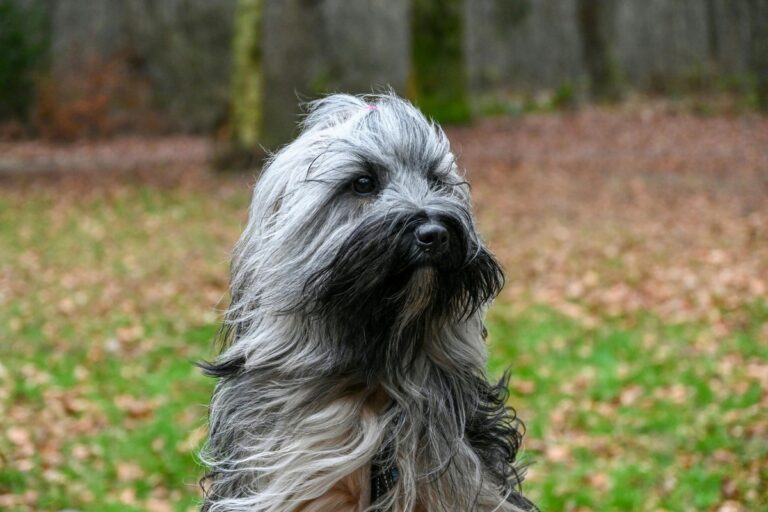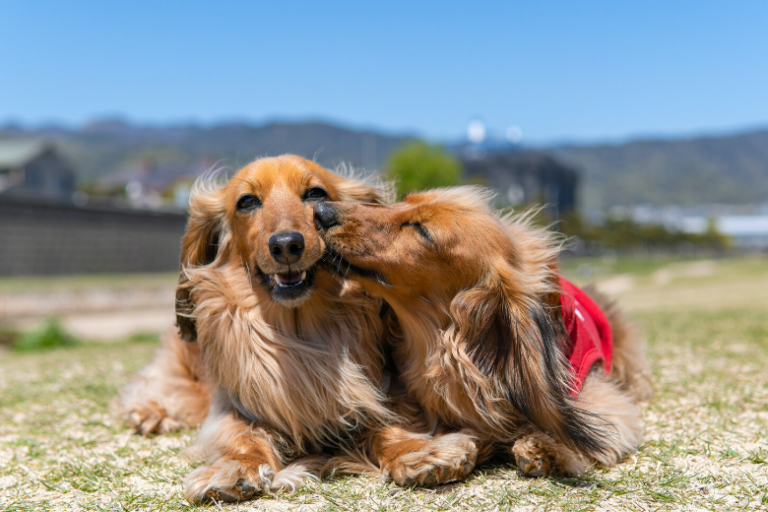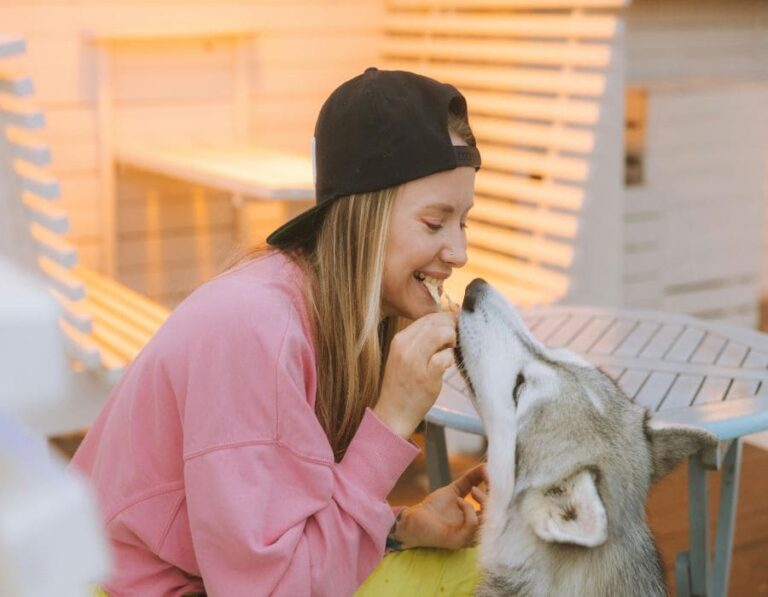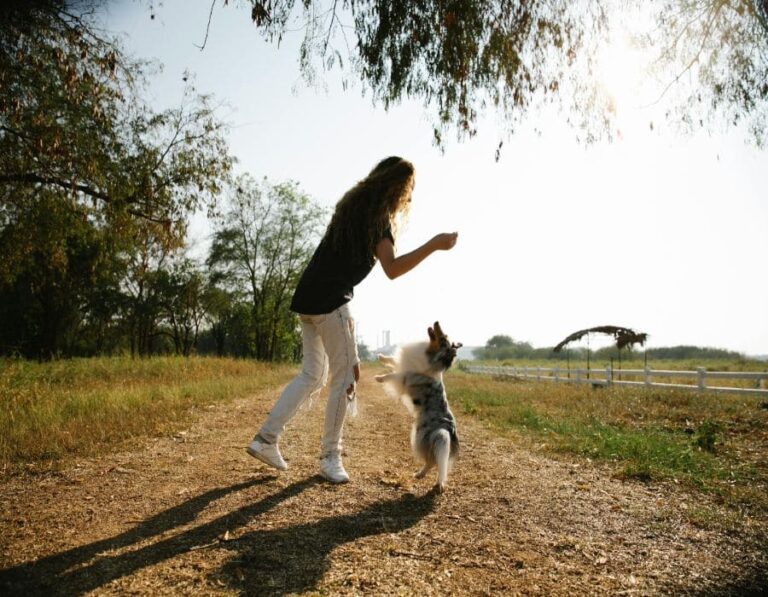12 tips on how to take care of large dog breed
Caring for large dog breeds requires a unique approach due to their size, energy levels, and specific needs. From proper nutrition to ensuring enough exercise, these gentle giants bring immense joy but also require attentive care. With the right strategies, you can ensure a happy, healthy life for your big furry friend.
Large dogs often face challenges like joint strain, dietary concerns, and the need for ample space. Their size can also influence training, grooming, and health considerations. Let’s explore 12 essential tips to help you provide the best care for your large-breed companion.
Provide Proper Nutrition
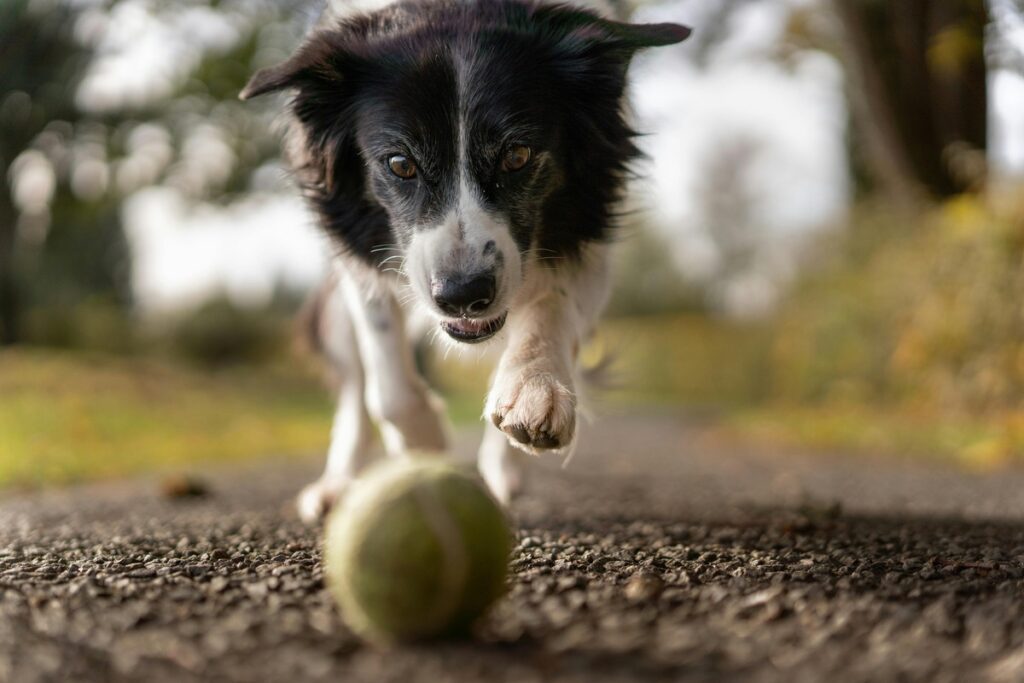
Large breeds need a balanced diet to support their size and prevent obesity. Opt for high-quality dog food formulated for large dogs, focusing on controlled calorie intake and joint health. Avoid overfeeding, as excess weight can strain their joints and lead to health issues.
Ensure Regular Exercise

Daily exercise is crucial for large dogs to maintain their physical and mental health. Activities like long walks, fetch, or swimming help burn energy and prevent boredom. Be mindful of their joints; avoid overly intense activities, especially for puppies whose bones are still developing.
Prioritize Joint Health

Large breeds are prone to joint issues like hip dysplasia. Provide joint supplements, such as glucosamine and chondroitin, and consider orthopedic beds for extra support. Maintaining a healthy weight and regular vet check-ups can also reduce the risk of joint problems.
Create Ample Living Space

Large dogs need space to move comfortably. Ensure your home and yard can accommodate their size. If space is limited, focus on providing regular outdoor activities to keep them engaged and give them room to stretch and play.
Train Early and Consistently

Early training is vital for large breeds to ensure they are manageable as they grow. Teach basic commands and socialization skills to prevent undesirable behaviors. Positive reinforcement methods work best, as large dogs respond well to encouragement and rewards.
Grooming Matters

Large dogs often have thick coats that require regular grooming to avoid matting and shedding. Brush their coat weekly and bathe them as needed. Check their ears, trim their nails, and maintain oral hygiene to prevent health issues.
Schedule Regular Vet Visits

Routine check-ups are essential to monitor the health of large breeds, who are susceptible to specific conditions like bloat or heart disease. Vaccinations, parasite prevention, and regular screenings can help detect and address issues early, ensuring your dog stays healthy.
Monitor Their Water Intake
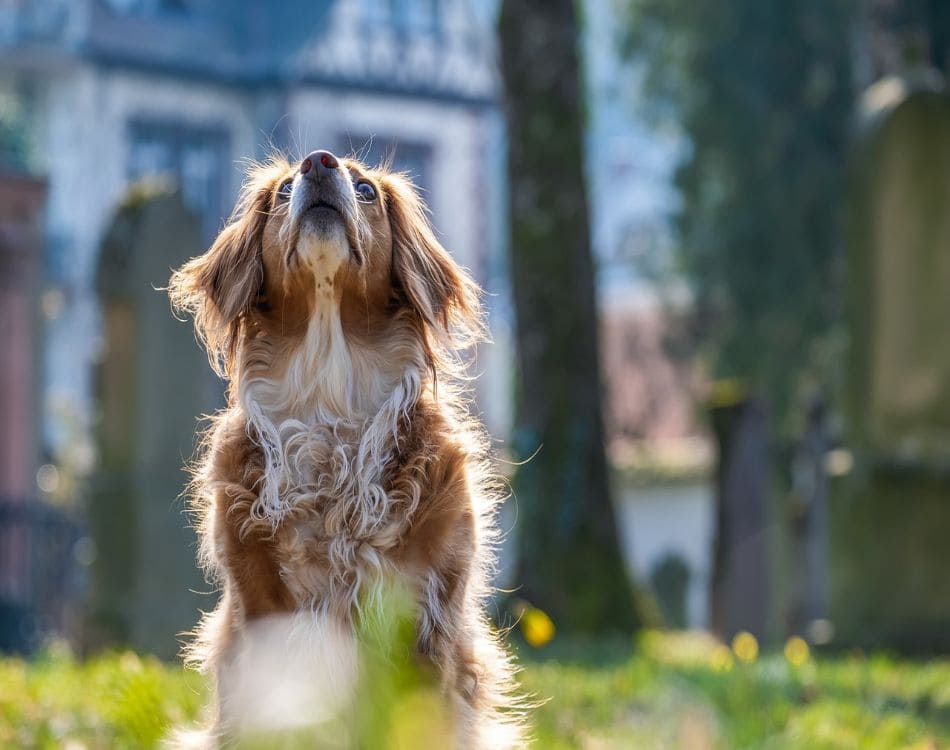
Large dogs are more prone to dehydration due to their size and activity levels. Always provide access to clean, fresh water, especially after exercise or during hot weather. Adequate hydration helps support their overall health, joint lubrication, and energy levels.
Consider Their Mobility as They Age
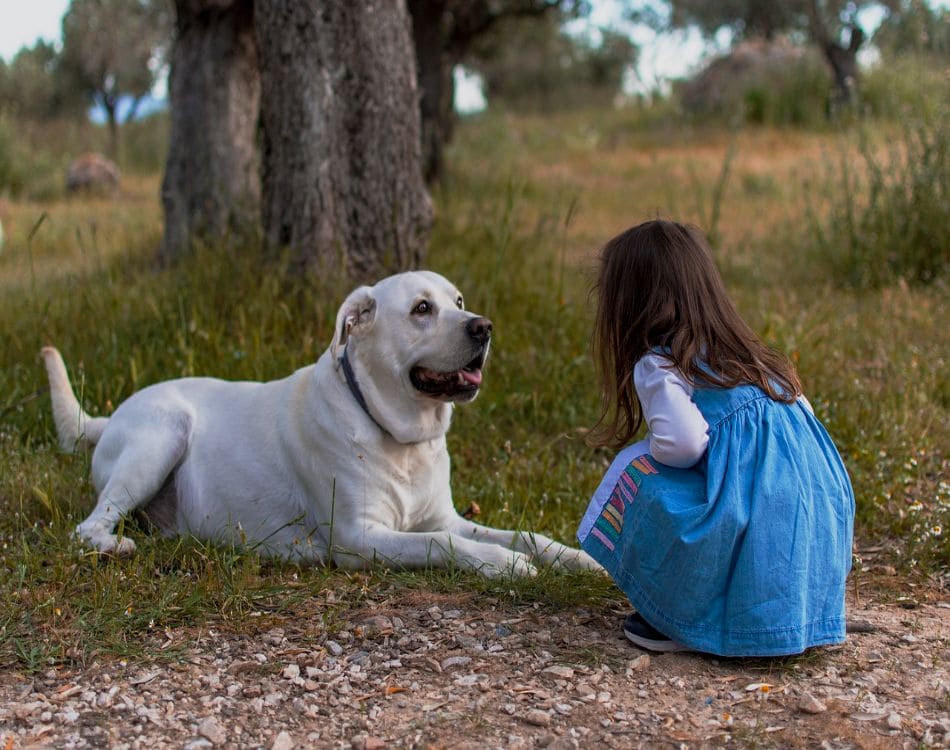
As large breeds age, mobility issues can become significant due to joint wear and tear. Install ramps or use pet stairs to help them navigate furniture or vehicles without jumping. Incorporate low-impact activities, like swimming, to keep them active without putting stress on their joints.
Focus on Mental Stimulation

Large dogs need mental challenges to prevent boredom and destructive behavior. Engage them with puzzle toys, training exercises, or games like hide-and-seek. Enrichment activities help keep their minds sharp and reduce stress, contributing to a well-rounded, happy companion
Be Mindful of Bloat Risks
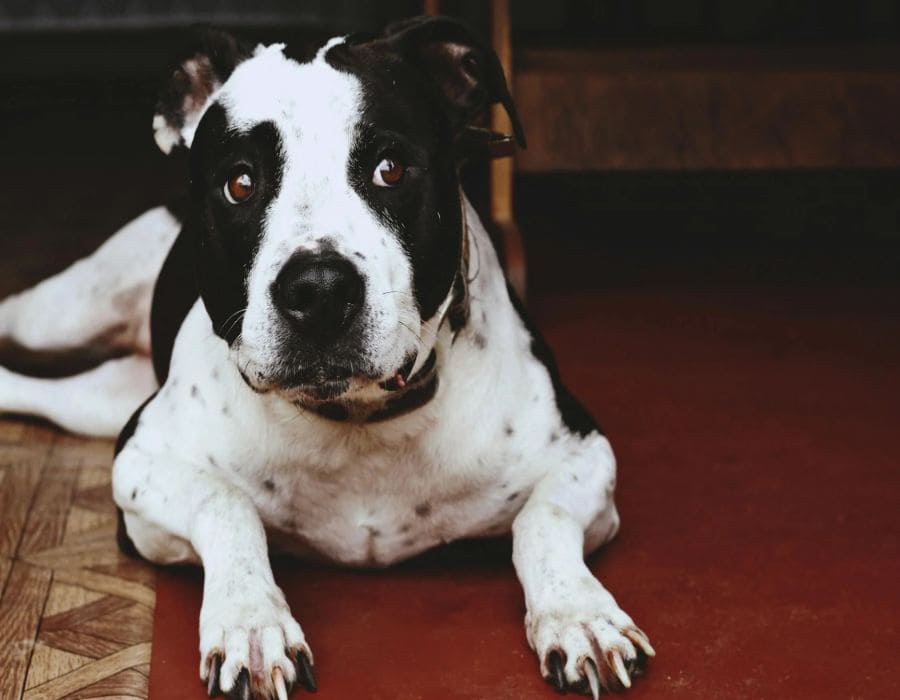
Large and deep-chested breeds are more prone to gastric dilatation-volvulus (GDV), commonly known as bloat. To minimize the risk, feed your dog smaller meals throughout the day instead of one large serving, avoid vigorous exercise right after eating, and consider using a slow-feeder bowl to prevent rapid eating.
Provide Proper Leash Training
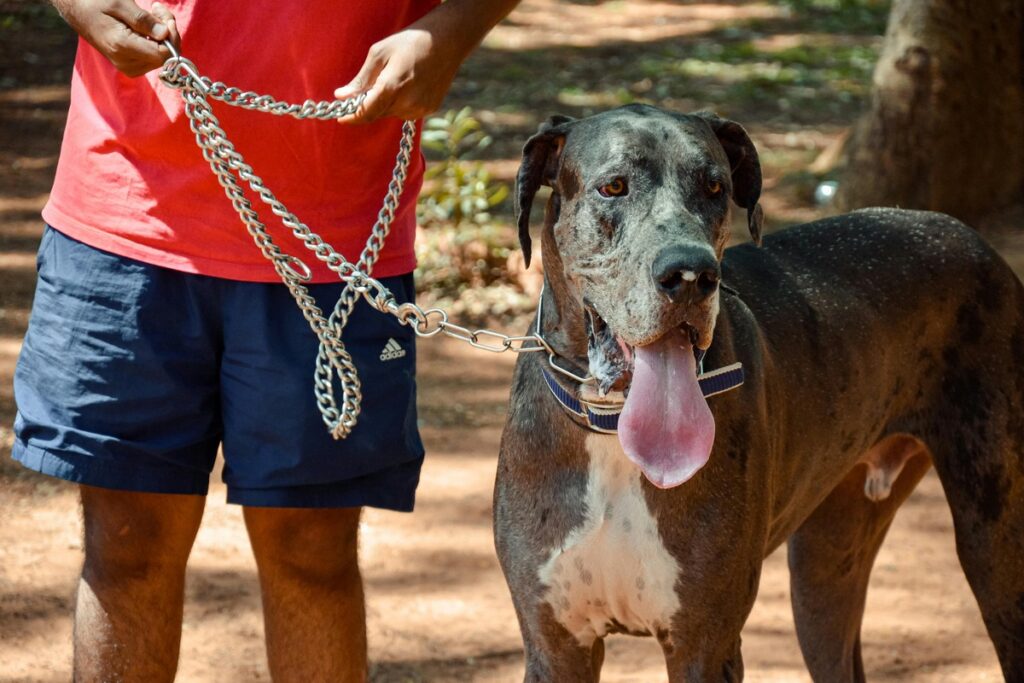
Due to their size and strength, large dogs need consistent leash training to prevent pulling and ensure safe, controlled walks. Using a sturdy harness instead of a collar can provide better control while reducing strain on their neck. Teaching proper leash manners early will make walks more enjoyable for both you and your dog.
Conclusion

Caring for a large dog breed requires dedication, but the rewards are immeasurable. By meeting their nutritional, exercise, health, and training needs, you can provide a fulfilling life for your gentle giant. With patience and love, your large-breed companion will thrive and bring endless joy to your home.


